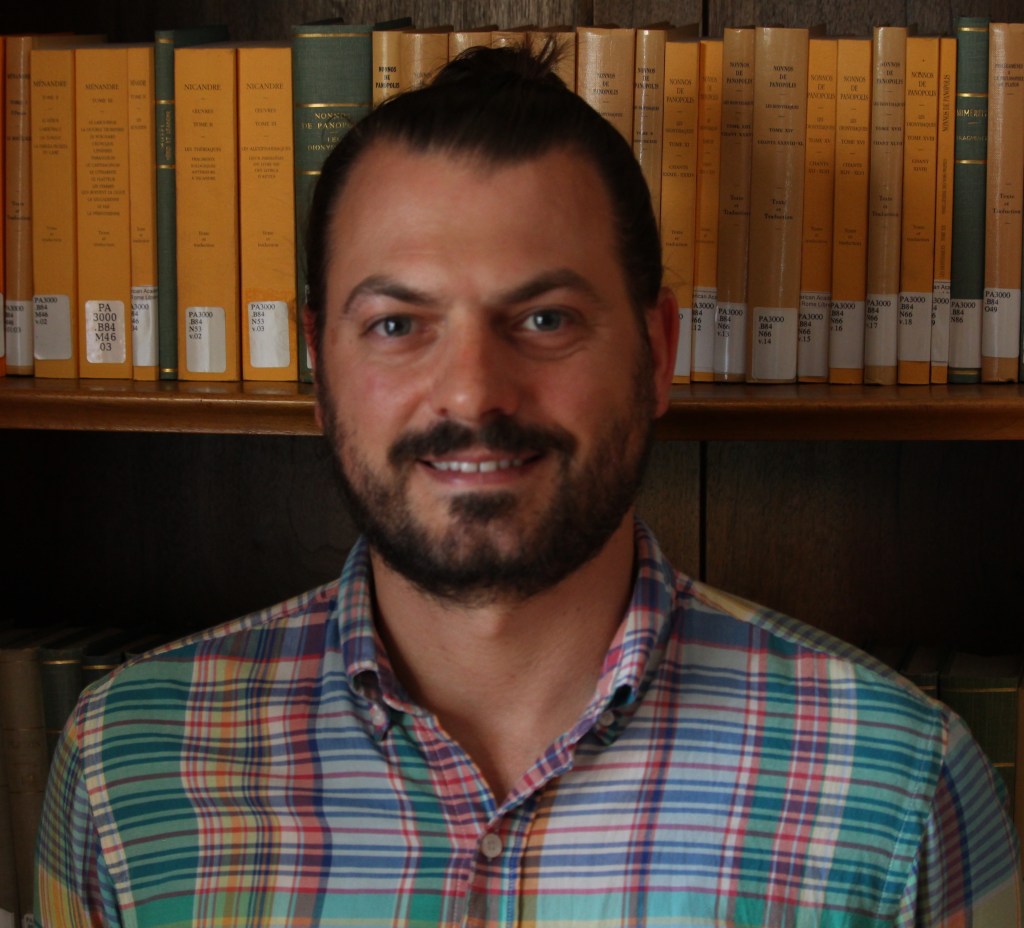
Robert Clines is a writer and historian of race, religion, and cross-cultural encounters in the premodern Mediterranean World. His work has been supported by the US-Italy Fulbright Commission, the Andrew W. Mellon Foundation, the University of Cambridge, the American Academy in Rome, the Arizona Center for Medieval and Renaissance Studies, the Bogliasco Foundation, and the Folger Shakespeare Library. He received his Ph.D. and M.Phil. from Syracuse University, M.A. from Miami University, and B.A. from John Carroll University.
His first book, A Jewish Jesuit in the Eastern Mediterranean (Cambridge University Press, 2019), explores the personal letters, official correspondence, and autobiography of Giovanni Battista Eliano (1530-1589), a Jewish-born Jesuit missionary to Eastern Christians in the Ottoman Empire. It argues that conversion from Judaism to Christianity was shaped by the belief that one’s Jewishness remained central to one’s Catholic identity, rendering conversion an evolutionary process that operated in the complex and fluid landscape of the Mediterranean.
He is currently completing Ancient Others: Race, Empire, and the Invention of the Italian Renaissance. This book explores dialogues, diaries, epic and lyric poems, histories, and letters to illustrate that race thinking was central to how Italians saw the textual and physical remains of antiquity. It argues that they employed antiquity in this manner to reconcile ideologies of liberty and virtue with visions of conquest and empire that resulted in the racialization of Africans, Asians, and transalpine Europeans as inferior to Italians.